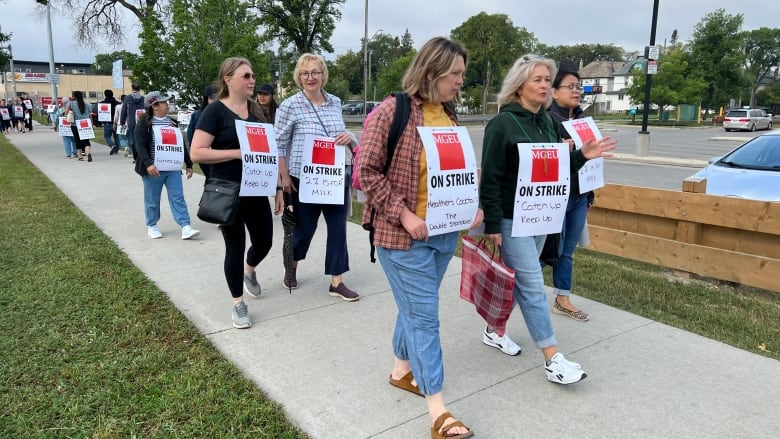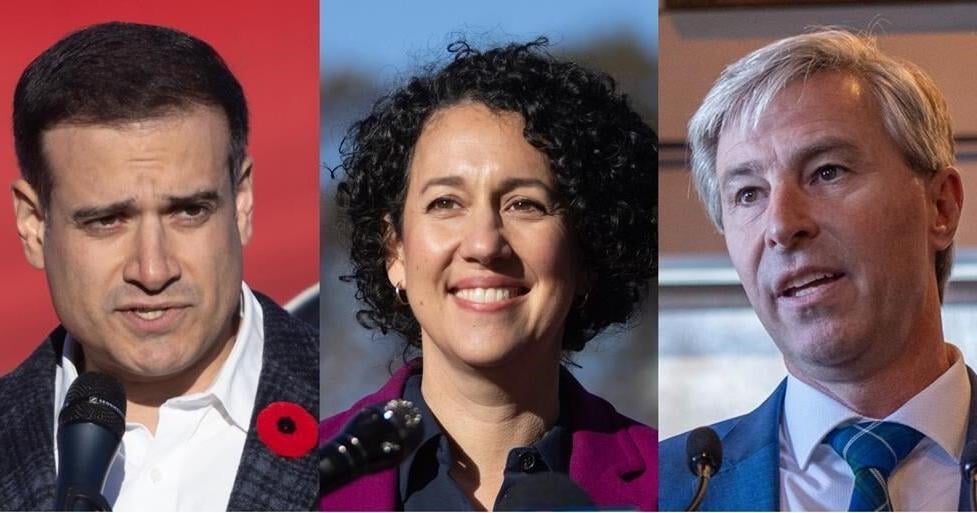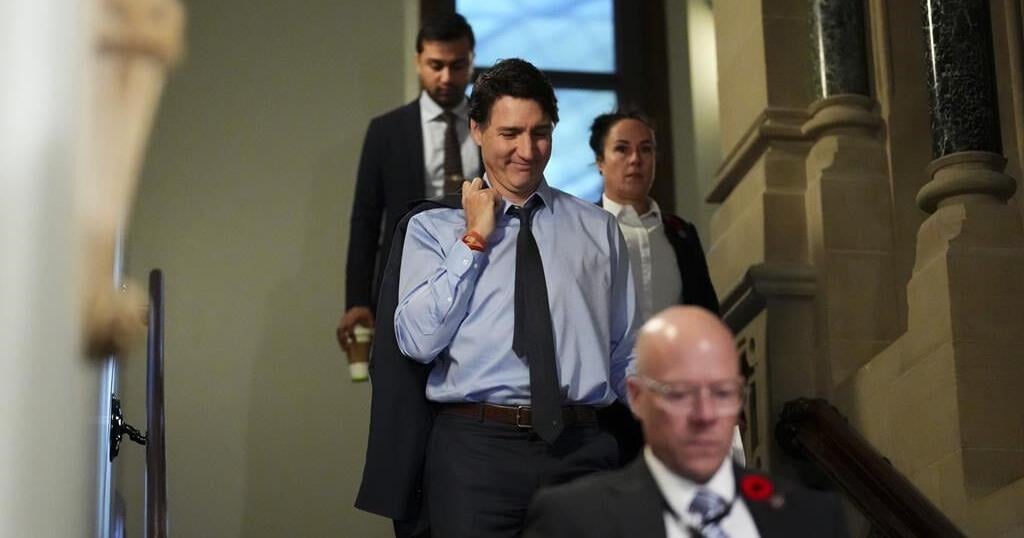HALIFAX – Nova Scotia’s temporary rent cap and a loophole that allows landlords to avoid it were the targets of the provincial New Democrats on Thursday, as they promised to protect tenants from evictions and excessive hikes if elected Nov. 26.
An NDP government would ban fixed-term leases, establish rent control, and immediately slash the province’s temporary rent cap in half to 2.5 per cent, leader Claudia Chender said on the fifth day of the provincial election campaign.
“For too many people, the cost of rent is driving people out of the communities they love,” she said. “These protections will save renters money, keep our communities affordable, and most importantly help people plan their futures.”
Chender criticized the Progressive Conservative government’s record on housing, saying the average one-bedroom apartment in the province costs $2,000 a month, while rent overall has increased by 18 per cent in the last year.
The government’s decision to extend the temporary cap on rent increases to the end of 2027 is insufficient, she said, because landlords can use fixed-term leases to jack up the rent higher.
A fixed-term lease does not automatically renew when its term ends, after which landlords can raise the rent as much as they want if they rent to someone new. Critics of fixed-term leases say they encourage landlords to evict tenants in order to raise the rent past the cap.
Though there’s no way to know exactly how many renters in Nova Scotia are on fixed-term leases — that type of residency data is not tracked — Chender told reporters that at every door her party has knocked on, residents have cited anxiety over affording and keeping a place to live.
Meanwhile, a separate affordability issue was the focus of Liberal Leader Zach Churchill on Thursday, as he announced his party would cut provincial income taxes by raising the basic personal exemption amount to $15,705 — at a cost to the government of $348 million.
Churchill said something has to be done to reduce taxes in the province, which he said are among the highest in Canada at a time when people are struggling with the cost of living.
“We know that over the last three years Nova Scotia has gone from being one of the most affordable places to live in our country to one of the most expensive,” he said. “This has created a real affordability crisis for seniors, for families and for young people.”
The existing exemption is $8,744, and for people making less than $25,000 a year, the province gives an “adjustment,” which increases the basic personal amount by $3,000; the adjustment decreases gradually and ends for people earning more than $75,000.
Churchill said a Liberal government would double the adjustment for people who earn less than $75,000, at a cost of $55 million per year.
The Liberal leader said his party will respect its promise to cut income taxes — and respect its pledge made in February to cut the harmonized sales tax by two points — even if doing so will lead to a “short-term” budget deficit.
Earlier this week, the Progressive Conservatives pledged a tax cut that would increase the basic personal exemption to $11,744, while just prior to the election call the party promised a one percentage point cut to the HST — commitments Churchill characterized as “half measures.”
In an interview Thursday, Tory Leader Tim Houston scoffed at his opponent’s suggestion.
“We are putting a plan forward that is reasonable that we can do while maintaining a level of services,” Houston said. “Mr. Churchill can just say whatever he wants, I have to be reasonable.”
Houston travelled to Sydney, N.S., on Thursday where he announced his party would establish a provincially run travel nurse team to help areas with nursing shortages.
Houston said the team would eliminate the need to hire travel nurses from private companies, and would be composed of Nova Scotia Health employees who will have access to the same pay and benefits as other nurses in the public system.
The program would begin as a pilot project by the end of the year, involving a 30-member team of nurses who would staff hospital emergency departments at an estimated cost of $5.3 million.
“We have to be smart and systematic as we roll it out,” Houston said. “There will probably be some learning and we will take that and if we need to modify it (the program) we will.”
At dissolution, the Progressive Conservatives held 34 seats in the 55-seat legislature, the Liberals held 14 seats, the NDP had six and there was one Independent.
This report by The Canadian Press was first published Oct. 31, 2024.
— With files by Cassidy McMackon in Halifax.















